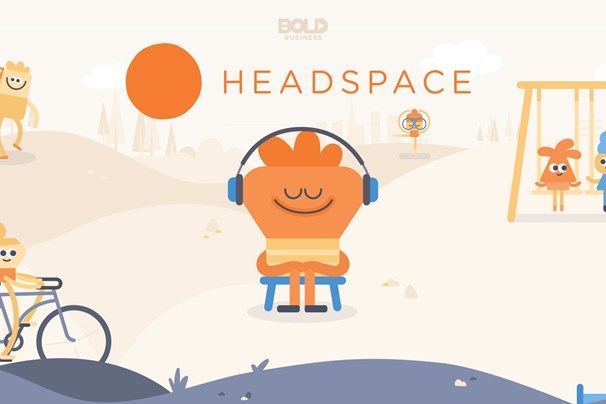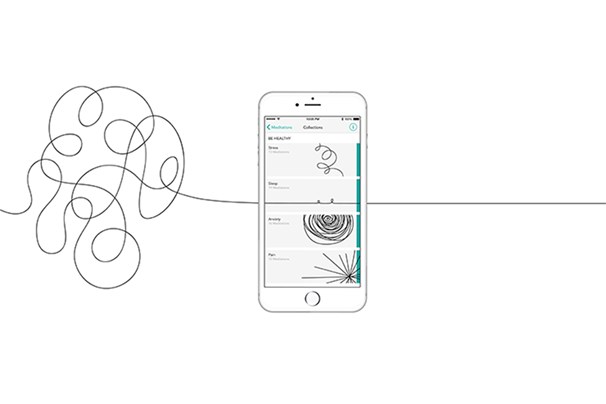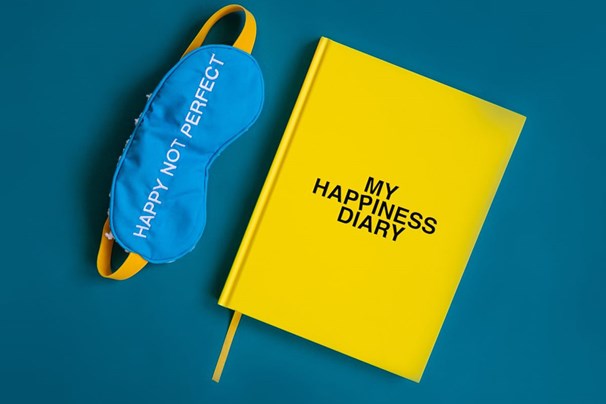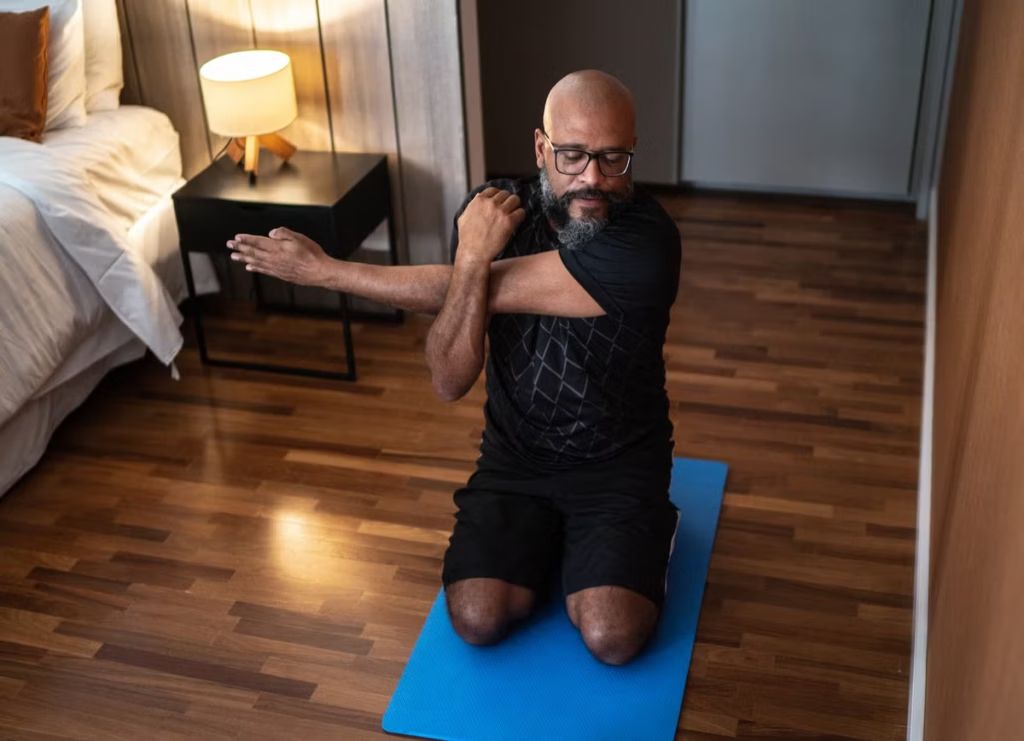Meditation may have been around for thousands of years, but it’s only recently become mainstream: Following the pandemic, which has had (and is still having) untold consequences on everyone, especially in the area of mental wellbeing, the amount of people suffering from sleep issues has risen from 16% pre-pandemic to 25% during lockdown.
Another study by hybrid mattress brand OTTY also uncovered the increasing sleep problems throughout lockdown: By comparing data from Google trends in January 2019 compared to January 2021, it was found that searches for sleep anxiety rose by 317%.
And while the motivation to get on the meditation bandwagon is definitely there, starting can be difficult—or even stressful for some.
When you come to meditate these apps will help guide you and stop the rushing thoughts of; How do I do it? How long do I do it for and when should I be meditating?
“My top tip would be to start with the end in mind. What is your intention for meditating? What do you want to be different as a result of sitting down for a short while to meditate? The term mindfulness and meditation are often used interchangeably but they are not the same thing,” explains workplace mindfulness expert Juliet Adams. “The aim of mindfulness-based meditations is not relaxation, but to observe and manage your mind. That being said, many people do feel calm and relaxed after practicing mindfulness but it certainly isn’t the aim. There are many forms of meditations. If you want to relax and escape you might choose a guided visualisation meditation. If you are angry or anxious and want to calm down, you might choose a meditation where you control your breath by breathing in for several counts and out for a number of count. If you want to relax and fall asleep there are meditations designed to do this, or you might like nature sounds based meditation. Picking the right meditation for you at any given moment in time is the first step to relaxation.”
These 5 apps can help you get started with your practice.




















